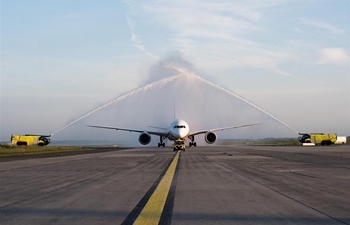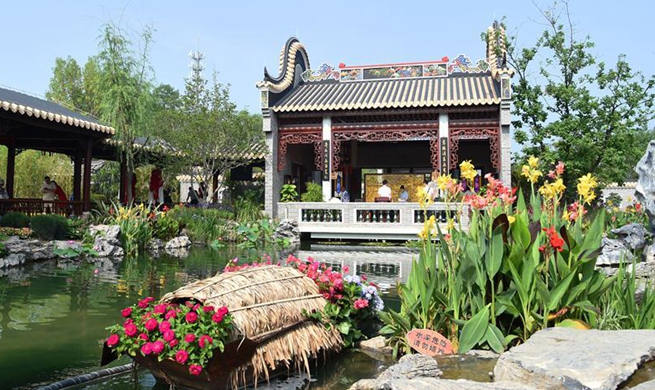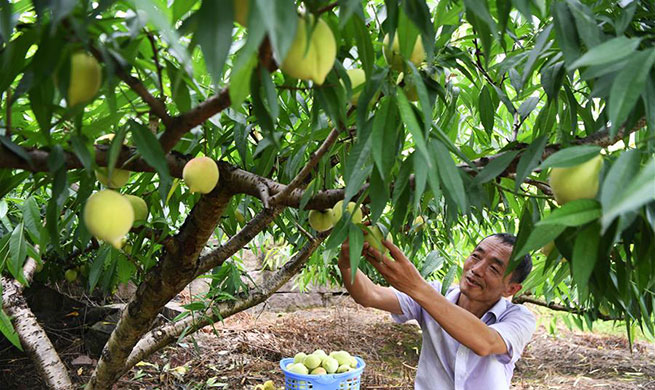JUBA, July 11 (Xinhua) -- South Sudan's main rebel group, the Sudan People's Liberation Movement/Army-in opposition (SPLM/A-IO), said on Thursday it can work with the government to implement all the outstanding issues in the peace agreement within the remaining four months of the extended pre-transitional period.
Angelina Teny, a member of the Strategic Defense and Security Review Board (SDSRB), the body tasked to undertake comprehensive assessment of defense requirements, said the forces are already assembled preparing to enter cantonment sites.
She warned that another extension of the peace implementation period beyond the six months would lead to the collapse of the revitalized peace agreement.
In May, both parties agreed to a six-month extension of the pre-transitional period to address outstanding issues such as screening and cantonment of forces, determination of the number of states and demarcation of tribal boundaries before forming a transitional unity government (TGoNU) in November.
"The only way for us is to work hard to see it that the unified organized forces are deployed so that we can move on to form TGoNU," said Teny, who is also the wife of rebel leader Riek Machar.
Under the revitalized peace agreement, the SDSRB is charged with the formulation of the country's defense and security policies and subsequently an overall process of security sector transformation, including deciding on the future command, function, size, composition and budget of South Sudan's national army and security forces.
Teny said that South Sudan cannot afford to revert to two armies that the collapsed 2015 peace agreement had envisaged; instead the sides now agreed to form a unified army under the command of President Salva Kiir.
"We want one force under one commander-in-chief, who is the president of the Republic of South Sudan," she said. "We do not need more than one commander-in-chief for us to move forward."
Majier Deng Kur, chairman of the Joint Military Ceasefire Commission, said holdout groups who declined to sign the revitalized peace deal in September 2018 in Ethiopia were responsible for the intermittent fighting occurring in the Yei area of Central Equatoria region.
"There are those who are still loitering in the bush; they are not part of the agreement," he said. "These are the people killing people on the roads."
Kur said both the government and the SPLA-IO are ready to fight holdout groups like the National Salvation Front led by Thomas Cirilo Swaka, a former deputy chief of logistics in the South Sudan army.
"We are supposed to fight them all as government and opposition, because they don't want this agreement to hold," he said.
South Sudan descended into conflict in December 2013, pitting forces loyal to Riek Machar against troops loyal to President Kiir, leading to the death of tens of thousands and the displacement of millions of others internally and externally.













